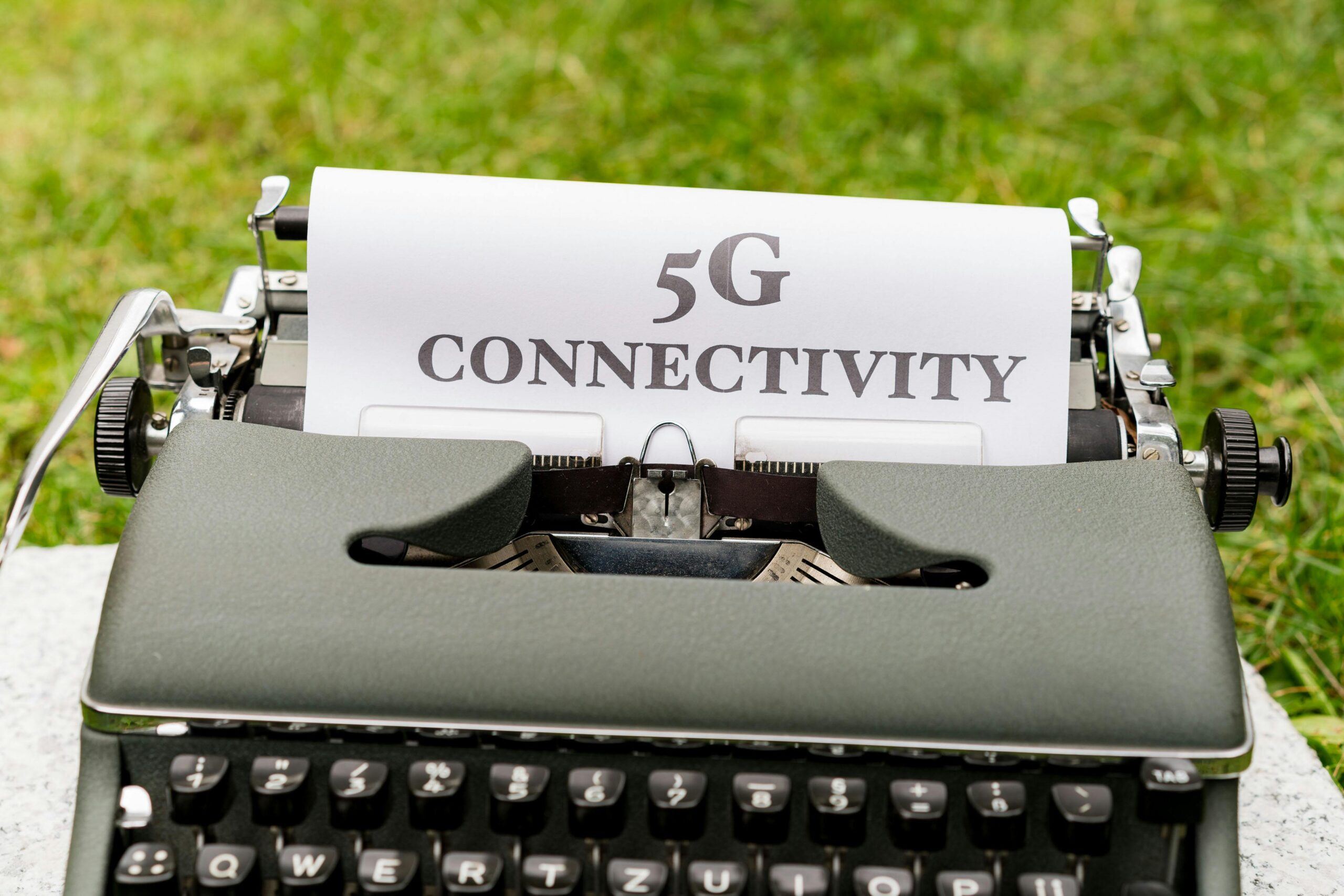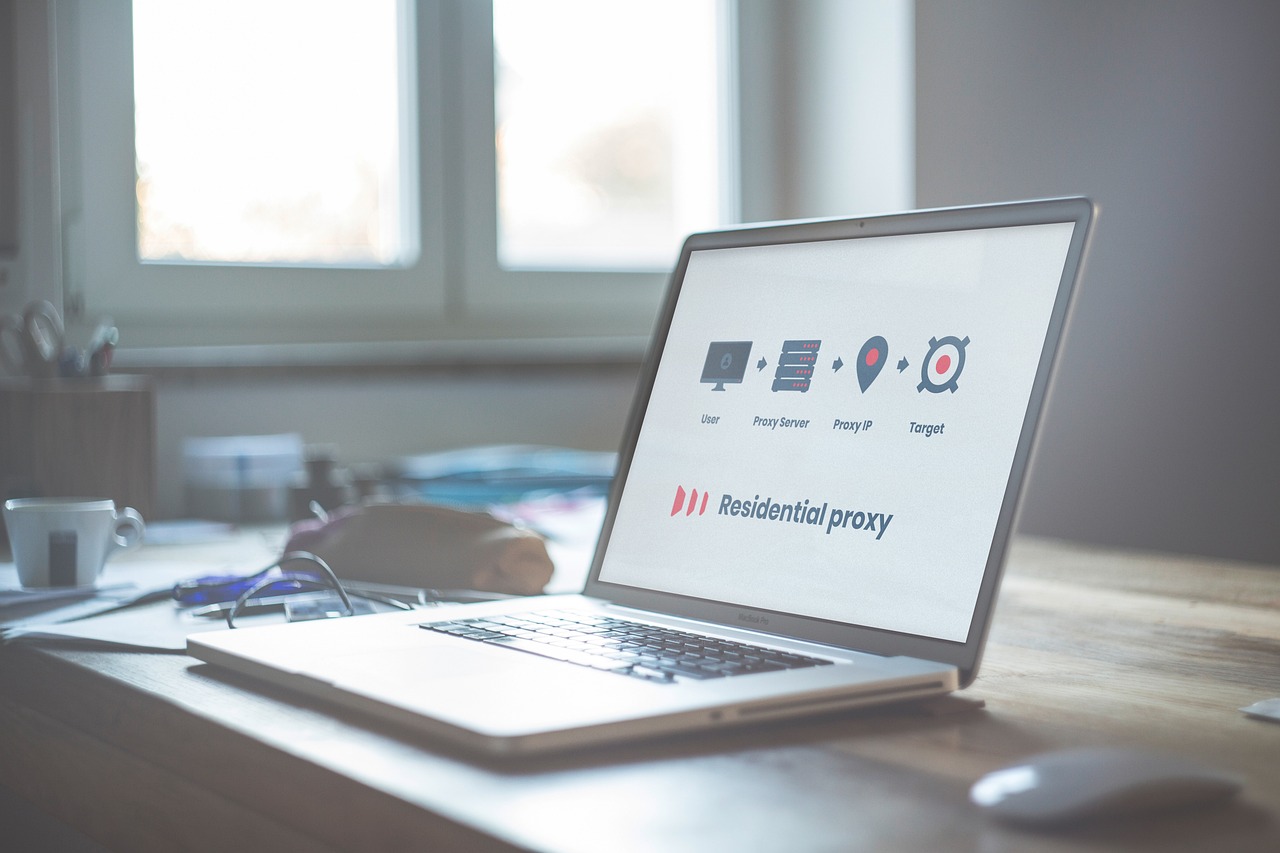More households are exploring 5G home internet a wireless alternative to traditional wired services. People compare it to fiber internet to find out which offersbetter speed, reliability, and value. This article breaks down both options simply, showing what fits best for different needs.
What is 5G Home Internet?
5G Home Internet is a high-speed wireless internet service that uses 5G cellular networks to provide fast, reliable broadband to homes. Unlike traditional wired connections like fiber or cable, 5G Home Internet delivers internet over the air, allowing for easy installation without extensive wiring. It offers low latency, high speeds, and support for multiple devices, making it ideal for streaming, gaming, remote work, and smart home applications. As 5G networks expand, this technology provides a flexible alternative to conventional home internet solutions.
5G home internet uses wireless signals from 5G cell towers to bring internet into your home no cables needed. It comes in two main forms:
- Fixed Wireless Access (FWA): You get a 5G router near a window that connects to nearby 5G towers.
- Mobile 5G on home plans: Some providers route home internet through their mobile networks.
Equipment is minimal a modem/router and reliable signal. Coverage is expanding fast, andreal-world speeds now often reach 100–500 Mbps or more depending on conditions.
What is Fiber Internet?
Fiber-optic internet delivers data through glass fiber cables using light. It can offer symmetrical speeds meaning upload and download are equal and can reach 1 Gbps or even higher.
Fiber requires professional setup and infrastructure but is rolling out steadily. More urban and even rural areas are getting fiber access.
Speed Comparison: 5G vs. Fiber
| Connection Type | Download Speed | Upload Speed | Latency |
|---|---|---|---|
| 5G Home Internet | ~100–1,000 Mbps | ~10–50 Mbps | ~10–40 ms (variable) |
| Fiber Internet | ~300–10,000 Mbps | ~300–10,000 Mbps | ~1–10 ms (consistent) |
Reliability & Performance
5G Home Internet offers impressive speeds and low latency, often rivaling traditional broadband, but its reliability can vary depending on network coverage and signal strength. While fiber-optic connections typically provide the most consistent speeds and stability, 5G can be a faster option in areas with strong coverage, especially for streaming, gaming, and remote work. Performance may fluctuate with distance from the 5G tower, network congestion, and environmental factors, so it’s important to evaluate local 5G availability before choosing it as a full-time home internet solution.
Availability & Coverage
- Fiber coverage is expanding new providers like Ripple Fiber are installing fast speeds in multiple states.
- 5G has broader availability, especially in cities and suburbs. U.S. providers like Verizon and T-Mobile have drawn millions of subscribers.
Installation & Setup
One of the advantages of 5G Home Internet is its easy installation. Unlike fiber or cable, which often require professional setup and wiring, 5G uses a wireless modem or gateway that can be quickly connected and configured at home. Most providers offer plug-and-play devices, allowing users to start using high-speed internet within minutes. This makes 5G Home Internet a convenient and flexible alternative for households looking for fast internet without the hassle of complex installations.
Cost Comparison
- 5G home internet: Generally $50–$70/month; cheaper promotions and no installation tend to be available.
- Fiber: Ranges from $50–$300/month depending on speed and provider. Installation may be free or cost extra.
5G offers lower startup costs and flexible billing. Fiber can provide better long-term value for heavy users.
Best Use Cases for Each
- Choose 5G if you:
- Are in a non-fiber area
- Want quick setup or move often
- Use internet casually streaming, browsing, light gaming
- Choose Fiber if you:
- Need super-fast, reliable speeds (4K, cloud backups, serious gaming)
- Have many smart devices or remote work needs
- Can commit to a fixed address with infrastructure
What Are the Advantages of 5G Home Internet?
5G Home Internet offers several key advantages over traditional broadband. It provides high-speed connectivity with low latency, making it ideal for streaming, gaming, and video conferencing. Installation is fast and simple, often requiring just a plug-and-play modem without complex wiring. Additionally, 5G supports multiple devices simultaneously, making it perfect for smart homes, and it offers a flexible alternative in areas where fiber or cable infrastructure is limited. Overall, 5G combines speed, convenience, and accessibility for a modern internet experience.
What Are the Disadvantages?
While 5G Home Internet offers fast speeds and easy setup, it also has some drawbacks. Its reliability can be affected by distance from 5G towers, network congestion, and physical obstacles like walls or buildings. Coverage may be limited in rural or less-developed areas, making it less consistent than fiber or cable. Additionally, some 5G plans may have data caps or higher costs, and performance can fluctuate depending on the number of connected devices and network traffic.
Future Outlook: Is 5G Taking Over Fiber?
Fiber remains the gold standard for performance. But 5G offers fast wireless access where fiber isn’t practical. They’re likely to coexist, each serving different needs and locations.
Conclusion
Fiber is still faster and more reliable, with symmetrical gig speeds and ultra-low latency. 5G home internet is growing fast, offering flexible, easy access, often at a lower cost great where fiber isn’t available. Your best choice depends on availability, how you use the internet, and what matters more: speed or convenience.
FAQs
1. Is 5G fast enough for 4K streaming or gaming?
Yes—but performance may vary. Fiber offers better stability and lower latency.
2. Can I get 5G home internet in rural areas?
Yes, often easier than getting fiber. However, coverage depends on local 5G availability.
3. Is fiber still more reliable?
Absolutely. Fiber is less affected by weather or congestion.
4. Is 5G home internet faster than fiber?
In most cases, no. While 5G speeds have improved significantly reaching up to 1 Gbps in ideal conditions fiber internet still delivers faster and more consistent speeds, especially for upload and low-latency tasks like gaming or video calls.
5. Does weather affect 5G performance?
Yes. Rain or obstacles can weaken 5G signal.
6. Can 5G be my only home connection?
Yes, if fiber isn’t available or you need a quick, wireless setup.
7. Does weather affect 5G home internet?
Yes. Heavy rain, snow, or physical obstructions like trees and buildings can impact signal strength and speed. Fiber is not affected by weather conditions.
8. What equipment do I need for 5G home internet?
You’ll typically need a 5G modem/router, which your provider will supply. Setup is often as easy as plugging in the device and finding a good signal near a window.
Disclaimer
This article aims to inform; actual speeds, prices, and availability vary by location and provider. Check with local ISPs for precise details before deciding.



